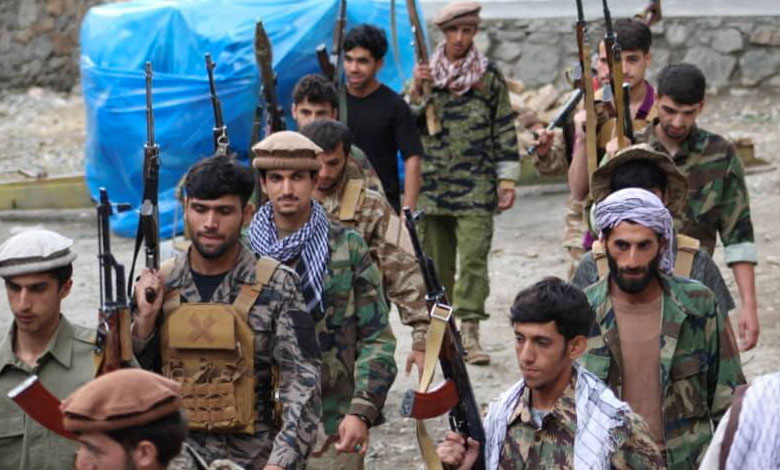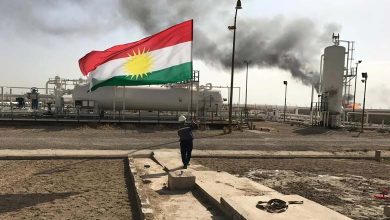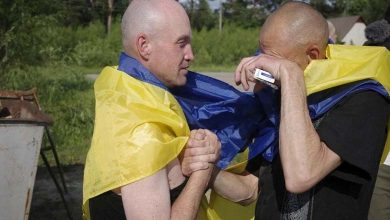Afghanistan – Children pay the price of economic collapse and mismanagement by the Taliban

Half of all families in Afghanistan have hired children to maintain the least basic necessities of life – food and drink – amid collapsing livelihoods. There is no clearer place for child labor than in many brick factories on the highway north of the Afghan capital, Kabul, where conditions in bakeries are difficult even for adults, but children between the ages of four and ten work with their families from early morning until dark in the summer heat.
Child laborers in brick factories are responsible for many of the steps of their production, by transporting bottles of water, carrying wooden molds filled with clay to the sun to dry, loading and pushing hand carts filled with dried bricks into the oven to set fire, and pushing hand carts filled with burnt bricks back, everywhere they pick up, stack and sort bricks, according to an Associated Press investigation into hard and difficult child labor in Afghanistan.
The children pick up burning coal in the oven to get the pieces that can still be used again, with soot inhaling from among their fingers. The children work with determination and a grim sense of responsibility. When asked about play or play, they smile and ignore. Only a few have gone to school. The agency confirmed that Afghan families live in dilapidated mud houses next to bakeries, each with a brick corner. For most people, the daily meal is tea-soaked bread.
The US agency interviewed 12-year-old Nabila, who has worked in brick factories since she was five or six years old. Like many other brick workers, her family works part of the year in a bakery near Kabul, and part in a bakery outside Jalalabad, near the Pakistani border. She confirmed that a few years ago, she went to school a little bit in Jalalabad, adding with a soft smile that she wants to go back to school but cannot – her family needs her work to survive.
“My back hurts,” said Mahbat, a 9-year-old boy who paused for a moment with a painful expression carrying a load of coal. When asked what he hoped for, he first asked, “What is the meaning of a wish?” Once explained, he was quiet for a moment, thinking, then said, “I wish I could go to school and eat good food,” adding, “I wish I could work well so that we could have a house, the landscape around the factories is dark and barren, where the furnace chimneys pump bleak black smoke.”
The workers receive the equivalent of $4 per 1,000 bricks they make, the agency said, and workers said an adult working alone could not make that sum in one day, but if they helped the children, they could make 1,500 bricks a day.
According to surveys by Save the Children, the percentage of families who said they had a child working outside the home rose from 18% to 22% from December to June, which would suggest that there are more than a million children nationwide working, while 22% of the children said they were asked to work for a company or a family farm. The surveys covered more than 1,400 children and more than 1,400 caregivers in seven provinces, and pointed to a rapid breakdown in Afghans’ livelihoods under the Taliban.
In June, 77% of the families surveyed reported losing half or more of their income compared to last year, up from 61% in December. One recent day, in a bakery, a light rain started, and the children were elated, thinking it would be a refreshing spray of heat, and then the wind blew, and they were hit by a blast of dust, covering their faces, and the air turned yellow with dust. Some of the children could not open their eyes, but they continued to work, and only heavy rain saved them.












